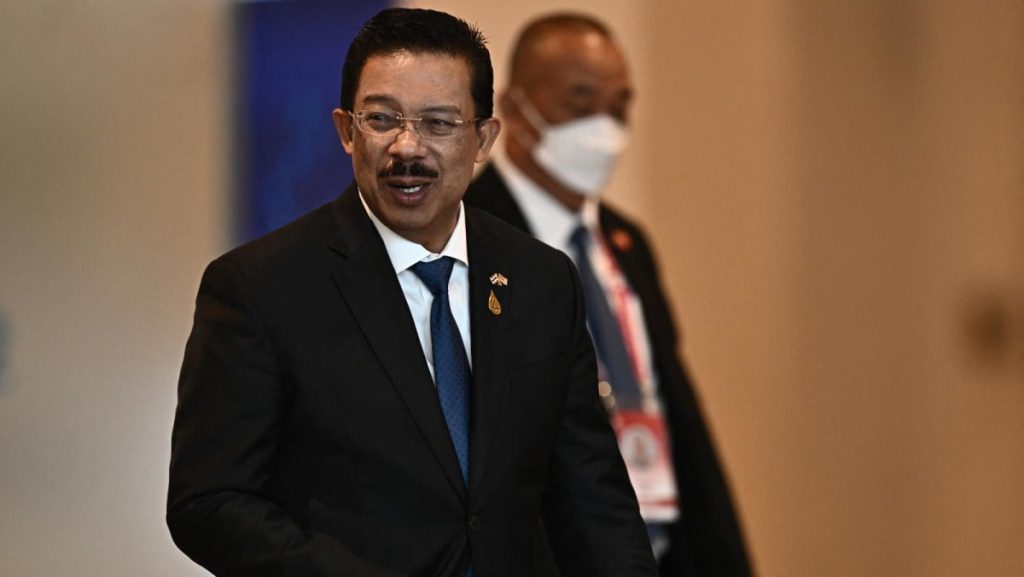In a recent interview with Utusan Malaysia, Mr. Mohd Zuki Ali, the chief secretary to the federal government of Malaysia, discussed the decrease in corruption-related convictions among civil servants in the country. He noted that since the start of the COVID-19 pandemic, the number of convictions has been declining. In 2020, there were 74 convictions out of 1.48 million civil servants, which dropped to 70 the following year and fell to 21 in 2022. This trend indicates that there is integrity in the work culture of Malaysian civil servants, despite perceptions of widespread corruption.
Mr. Zuki also highlighted that the government took disciplinary action against 8,556 underperforming civil servants in 2022, but only 140 were taken to court for power abuse or corruption. Additionally, 493 government officials were sacked in 2022, compared to 239 in 2021 and 165 in 2020. This demonstrates the government’s commitment to maintaining integrity and transparency in public service and ensuring good governance.
While acknowledging the small group of civil servants involved in corruption cases, Mr. Zuki emphasized that their misconduct could damage the image of the public service. As a result, the government takes a serious view of such cases and will not tolerate any actions that compromise integrity. Efforts to address misconduct and weaknesses in the civil service include the establishment of the Special Cabinet Committee on National Governance, chaired by Prime Minister Anwar Ibrahim and managed by the Malaysian Anti-Corruption Commission.
Mr. Zuki’s comments come amidst ongoing anti-graft crackdowns by the Malaysian Anti-Corruption Commission, targeting political and public figures involved in corruption. The government’s focus on maintaining integrity and upholding good governance in the public service is evident through the declining number of corruption-related convictions among civil servants. Despite the challenges posed by corruption, there is a clear commitment to addressing misconduct and strengthening the culture of integrity within the civil service.















